The Top Plumbers in New City, NY
Request Call Back
Hero Request Form
Thank you for contacting us.
We will get back to you as soon as possible
Please try again later
HVAC and Plumbing Contractors Serving Rockland County, Orange County, NY, and North Bergen County, NJ
Plumbing Service and HVAC Service Experts in Rockland County, NY, Orange County, NY, and Bergen County, NJ
Have you been wondering, “Where can I find reliable plumbers in New City, NY?” CV Plumbing Heating and Air is here to help! We are a family-owned and operated business that has been serving Haverstraw, Nyack, Orangeburg, New City, Valley Cottage, Congers, Piermont, and Suffern, NY for over two decades. With a commitment to quality service and customer satisfaction, our team of fully licensed and insured professionals is ready to handle all your plumbing and HVAC needs.
We offer a wide range of services, from drain cleaning and water heater maintenance to heating repair and commercial plumbing solutions. Our dedication to excellence is reflected in our OSHA certification and our commitment to offering competitive prices. We understand the importance of prompt service, which is why we guarantee that your call will be returned within 10 minutes if we miss it. We also offer 24/7 emergency services, ensuring that we're always available when you need us most. Call (845) 281-7160 today to request a service.
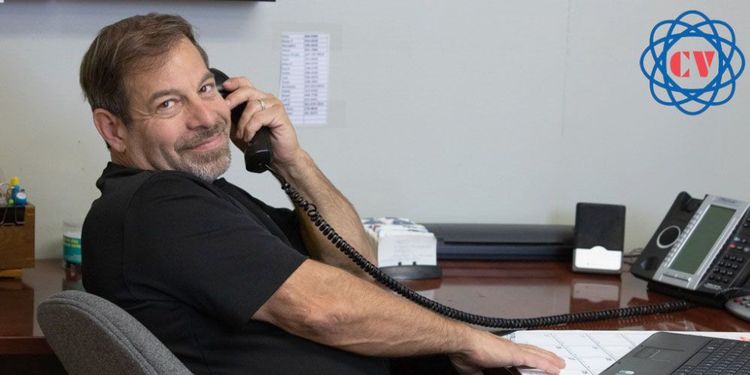
Why Choose CV Plumbing Heating and Air?
Choosing CV Plumbing Heating and Air means choosing a company that values your business. We offer a variety of incentives to ensure you receive the best value for your money. Enjoy a 10% discount on your repair with a service contract, and take advantage of our free quotes, estimates, and consultations. We also offer military and new client discounts. With us, you're not just a customer; you're part of the family.
Need to open your pool for the season? Take advantage of our pool opening specials. Open your in-ground pool for just $399 or your above-ground pool for $299. Call today to schedule a service.
New Customer Discounts
24/7 Emergency Service
Military Discounts
One-Year Labor Warranty
In Business Since 1999
Se Habla Español
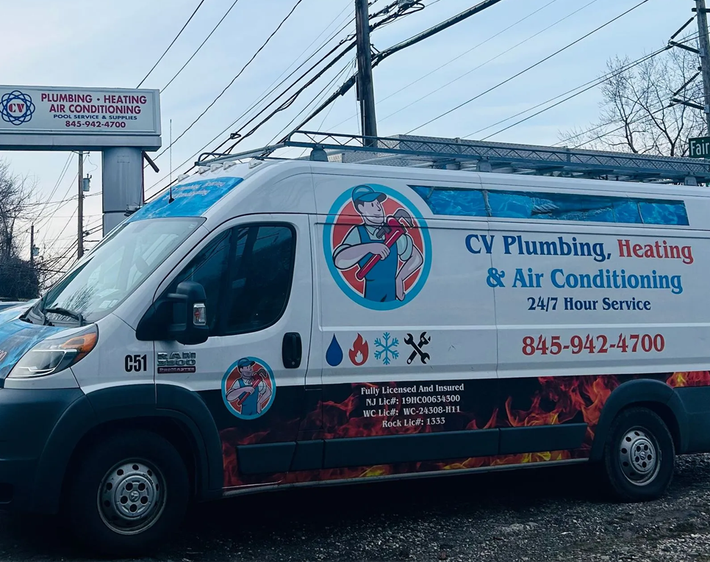
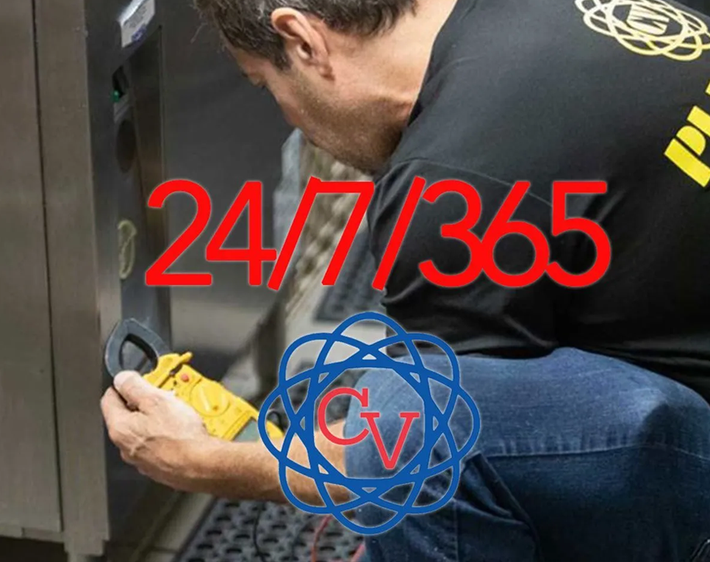
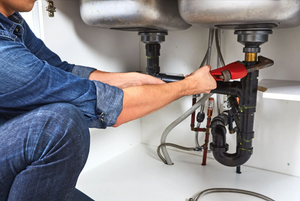
Plumbing Services
Are you thinking, “Where can I find experienced plumbers near me in New City, NY?” Our comprehensive plumbing services ensure your home or business runs smoothly. Whether it's a minor leak or a major installation, we've got you covered.
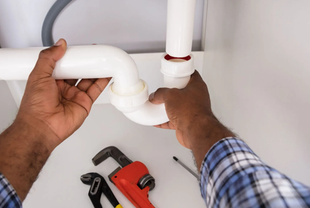
Drain Cleaning Services
A clogged drain can be a major inconvenience. Our drain cleaning services are designed to clear blockages quickly and efficiently, preventing further issues.

Water Heater Services
Keep your water heater in optimal condition with our maintenance services. We also offer installation and repair services for all types of water heaters.
Sewer Cleaning
Whether you need routine maintenance or emergency sewer cleaning services, you can rely on our experienced and OSHA-certified technicians for quality workmanship.
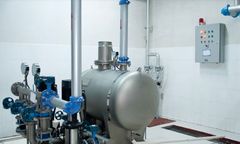
Commercial Plumbing
We understand the unique needs of commercial properties. Our commercial plumbing services are designed to minimize disruption and keep your business running smoothly.
Heating Services
Stay warm during the colder months with our heating services. From routine maintenance to emergency repairs, we're here to ensure your comfort.
Boiler Services
Keep your home at the optimal temperature with our comprehensive boiler services. From boiler repair and maintenance to new unit installation, our expert technicians have you covered.
Furnace Services
Maintaining your furnace is paramount to extending its life. For routine maintenance service that will keep your furnace functioning properly, call CV Plumbing Heating and Air today.
Heating Repair
Experiencing heating problems? Let our HVAC technicians take care of your heating system, furnace, or boiler repair needs. Call (845) 281-7160 today to schedule a repair service.
Here's what our satisfied customers are saying...
At CV Plumbing Heating and Air, we take pride in providing exceptional heating, cooling, and plumbing services to our customers. We would be grateful if you could share your thoughts about our business with others. Your feedback helps us improve and helps others make informed decisions. Please take a moment to leave a review of CV Plumbing Heating and Air and let others know what you think.
Plumbing Fixes, Plumbing Fixtures, Water Heaters & More!
Call on CV for all of your plumbing services, repairs, and replacement needs. We’re here for you for frozen pipes, damaged water lines, drain clogs, exterior and interior faucet fixes and installations, water heater installations and repair, sump pump installations, and more.
Our service trucks are on the way! Our trucks are stocked with parts and tools, ready to fix your plumbing problems.
Installation of eco-smart water heaters and more. A lot of your energy usage comes from heating water. Ask us about our high efficiency, low cost, eco-friendly water heaters.
Plumbing Service in Rockland County
Water Heater Service, Installation & More!
Learn More About
CV Plumbing Heating and Air
Serving the Haverstraw, NY area. CV Plumbing Heating and Air specializes in plumbing, heating, and AC services, and pool opening, closing, repair, and maintenance. 24/7 emergency services. 10% off repairs with a service contract. New customer discounts. Call for a free consultation.
Request Call Back
Hero Request Form
Thank you for contacting us.
We will get back to you as soon as possible
Please try again later
service area
Congers, NY
Haverstraw, NY
New City, NY
Nyack, NY
Orangeburg, NY
Piermont, NY
Suffern, NY
Valley Cottage, NY
and surrounding areas
Business Hours
- Mon - Sun
- Open 24 Hours
24/7 Emergency Service Available
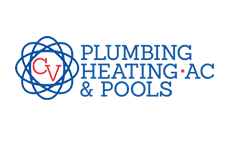
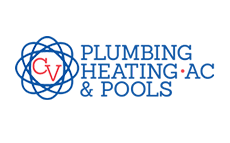

















Share On: